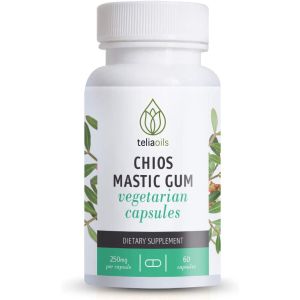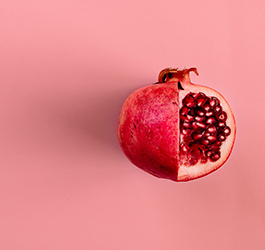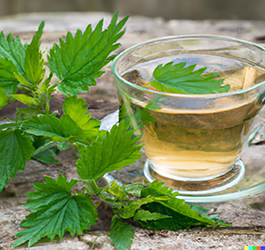Should Mastic Gum Be Taken on an Empty or Full Stomach? Exploring the Ideal Method for Consuming This Therapeutic Resin

Mastic gum, a natural resin derived from the mastic tree (Pistacia lentiscus), boasts a long history of use in traditional medicine and culinary applications for its distinct flavor and potential health-promoting properties. As the popularity of mastic gum increases, questions arise about the most effective way to consume it. This article will investigate whether mastic gum is best taken on an empty or full stomach and provide insights into the rationale behind the recommended practice.
Assessing the Purpose of Mastic Gum Consumption
The optimal timing for taking mastic gum depends on the purpose for which it is being consumed. If the goal is to address gastrointestinal problems such as indigestion, bloating, or Helicobacter pylori (H. pylori) infection, taking mastic gum on an empty stomach may be more beneficial. This approach allows mastic gum to interact directly with the stomach lining and any present bacteria, maximizing its potential therapeutic effects.
Mastic Gum for General Health and Well-being
For those using mastic gum as a general health supplement or for its potential anti-inflammatory and antioxidant properties, consumption time may be less critical. In this case, taking mastic gum with or without food could still provide benefits. However, it is essential to follow the specific product's instructions and consult with a healthcare professional for personalized guidance.
Mastic Gum as a Digestive Aid
If mastic gum is being used as a digestive aid, it may be helpful to take it before or after a meal, depending on individual preferences and digestive needs. Some people find that taking mastic gum before a meal can help prepare the digestive system and reduce the likelihood of experiencing indigestion or bloating. Others may prefer to take mastic gum after the meal to alleviate any digestive discomfort that arises.
Potential Interactions with Food and Medications
When consuming mastic gum, it is essential to consider potential interactions with food and medications. Although mastic is generally considered safe, it may interact with certain medications or supplements. For instance, mastic gum may have blood-thinning properties, so those on anticoagulant medications should consult a healthcare professional before using it. Always follow the manufacturer's instructions and seek professional advice if unsure about the appropriate timing for mastic gum consumption.
Personalizing Your Mastic Gum Intake
Ultimately, the ideal timing for taking mastic gum depends on individual needs, preferences, and goals. Experimenting with different consumption timings may help you determine what works best for you. Monitoring your body's response to mastic gum and adjusting the timing accordingly can lead to the most effective results.
The question of whether mastic gum should be taken on an empty or full stomach depends on the intended purpose of consumption and individual factors. For addressing gastrointestinal issues, taking mastic gum on an empty stomach may be more effective. For general health and well-being or as a digestive aid, the timing may be less critical, and personal preferences can guide your decision. As always, consult with a healthcare professional before incorporating mastic gum into your routine to ensure its safety and suitability for your unique needs.

 de
de el
el










